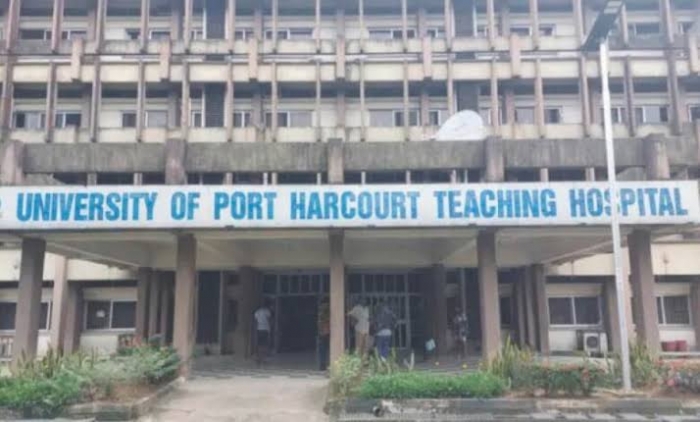The state of Nigeria's teaching hospitals is a dire reflection of the broader challenges plaguing the nation's healthcare system. Established to serve as centers of medical excellence, these institutions are now themselves in critical condition, grappling with issues that threaten not only the lives of patients but also the economic stability of the nation.
The problems are multifaceted. Hospitals like the University College Hospital in Ibadan and the University of Port Harcourt Teaching Hospital face severe shortages in medical equipment and staff. The absence of functioning MRI machines, outdated mammography equipment, and unreliable power supply are not just inconveniences—they are life-threatening deficiencies. This situation is further compounded by the exodus of qualified healthcare professionals, who leave in search of better opportunities abroad. This brain drain exacerbates the already critical shortage of doctors and nurses, leaving the remaining staff overwhelmed and overworked, leading to increased medical errors and compromised patient care.
The economic implications of this healthcare crisis are profound. With teaching hospitals unable to provide adequate care, those who can afford it seek medical treatment abroad, draining the country's scarce foreign exchange reserves. This "medical tourism" not only depletes national resources but also underscores the widening inequality in access to healthcare within the country. Those left behind—unable to afford treatment abroad—suffer in a system that is failing them.
The solution to this crisis requires a multifaceted approach. First, there must be a substantial increase in funding for the healthcare sector. This funding should prioritize the procurement and maintenance of modern medical equipment, ensuring that hospitals are equipped to handle the diagnostic and therapeutic needs of patients.
Second, addressing the power supply issues is crucial. Hospitals cannot function without reliable electricity, and the current reliance on expensive generators is unsustainable. Investing in alternative energy sources, such as solar power, could provide a more stable and cost-effective solution.
Furthermore, the government must take immediate steps to stem the brain drain. This could be achieved by improving the working conditions and remuneration of healthcare professionals, ensuring that they are adequately compensated and have access to the necessary tools to do their jobs effectively. Additionally, the recruitment of new staff should be expedited, particularly in institutions like the Osun State University Teaching Hospital, where no significant hiring has occurred in over a decade.
Finally, there needs to be a reevaluation of the management and operational structures of these teaching hospitals. Clearer lines of accountability must be established to ensure that funds allocated for healthcare are used efficiently and transparently. The involvement of private partnerships, as seen in some hospitals, should be explored further, but with stringent oversight to prevent exploitation and ensure that patient care remains the primary focus.
In conclusion, the current state of Nigeria’s teaching hospitals is a national emergency that requires immediate and sustained action. Without intervention, the cycle of decline will continue, with devastating consequences for the health and well-being of the nation. It is time for the government, healthcare professionals, and the private sector to come together to revive these critical institutions, ensuring that they fulfill their intended role as centers of medical excellence and not symbols of a failing system.


































































